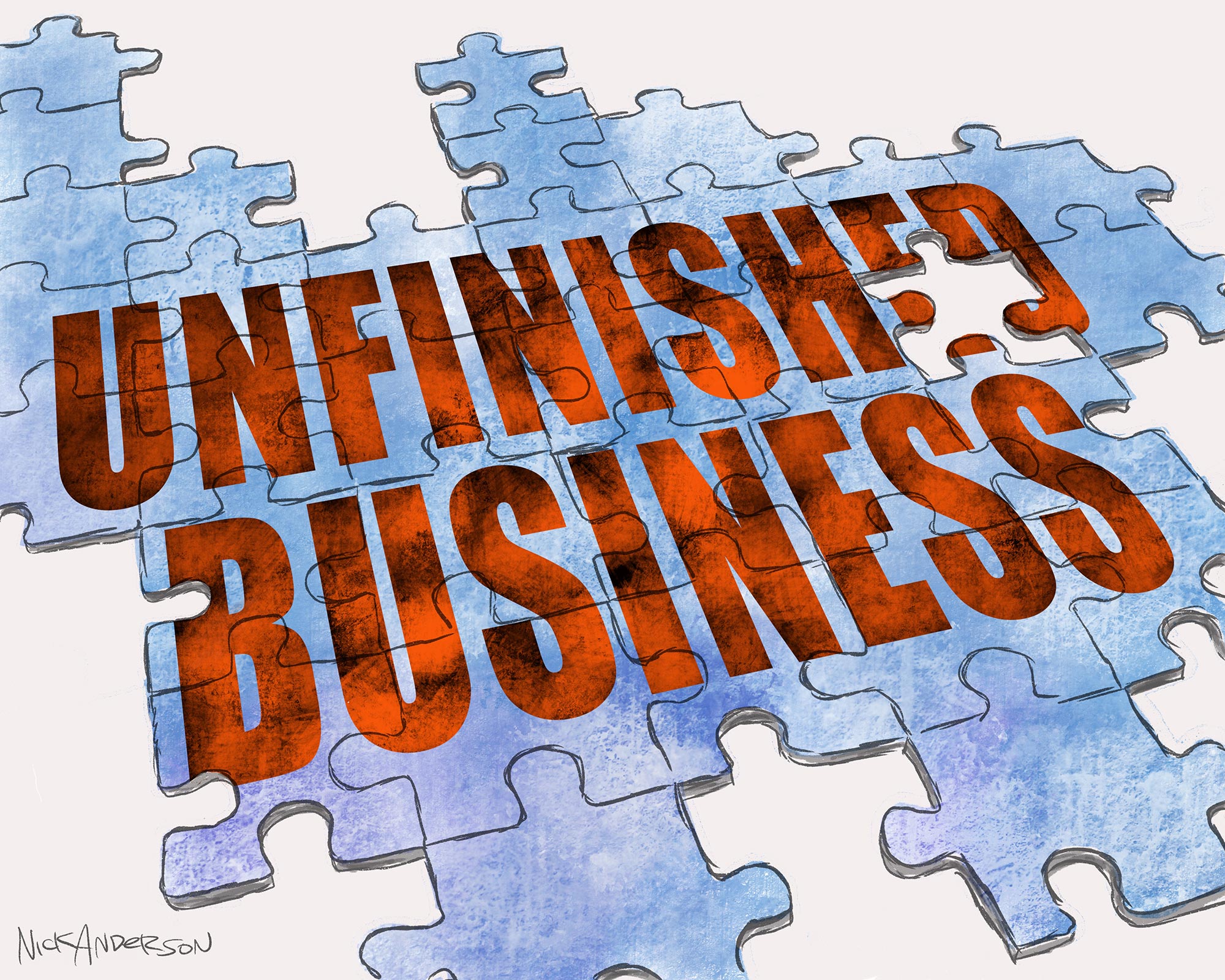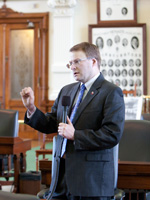
PACE Program - Senate Bill 1281
Resources
Actions
Property Assessed Clean Energy (TX-PACE) is an incentivization program for Texas' property owners to upgrade their properties with little or no capital outlay. TX-PACE programs enable owners to lower their operating costs and use the savings to pay for eligible water conservation, energy efficiency, resiliency, and distributed generation projects. Property owners gain access to private, affordable, long-term financing that is not available through traditional funding mechanisms.
Senate Bill 1281 by Senator Brian Birdwell would have streamlined the program with uniform ethical administration oversight, quality controls and guidelines, while at the same time making it easier for local governments to join. The City of Houston strongly supported these goals.
Houston was one of the first local governments to establish a PACE program following the "PACE in a Box" model. The City carefully vetted the program and appreciates the high standards recommended by the Texas business, lending, and local government participants. Houston values the free market flexibility in this program and relies on the high ethical and transparent standards for program administration.
- To date, three projects have closed in Houston for a total new investment in private infrastructure improvements of over $3,600,000.
- These projects help Houston avoid over 1,700 tons of CO2 annually, reduce use of over 3.3 kWh of electricity annually, and save 9.4 million gallons of water each year.
Houston expects this investment to triple in the near future based on project applications recently filed and the city continues to educate property owners, contractors, lenders, architects, engineers and others about the benefits of this program, for them and for our City. This outreach is essential to the development of this new program, as is uniformity.
It is important to both economic development and environmental goals that PACE programs operate under one set of uniform rules and documents. Overlapping programs with different rules make it more costly and difficult to use for property owners, for the service industries and lenders who hope to participate in property upgrade projects.
Unfortunately, after passing out of the Senate, the legislation died when it failed to pass out of the House Energy Resources Committee.
